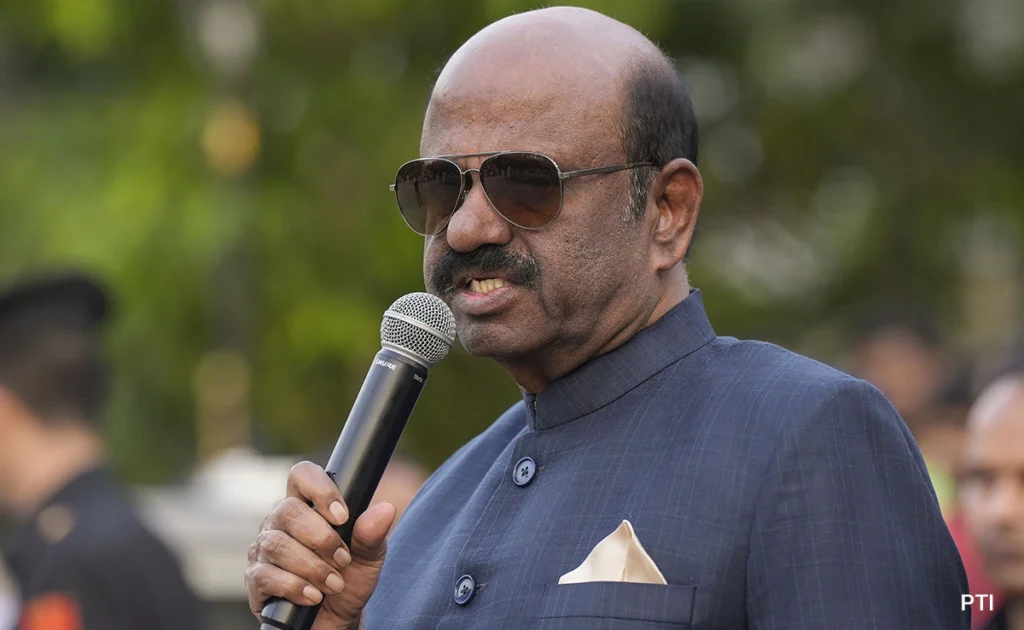The Trinamool Congress-led administration and West Bengal Governor CV Ananda Bose are engaged in a political power struggle that has given rise to accusations of molestation.

A female employee of Raj Bhavan has made severe claims against West Bengal Governor CV Ananda Bose, accusing him of molestation. Even though the governor stroked off the charges as an “engineered narrative,” the events set off a political power struggle that widened the rift between Raj Bhavan and the Trinamool Congress-led government of West Bengal.
The governor was accused of “insulting women” by West Bengal Minister Chandrima Bhattacharya, who also questioned Prime Minister Narendra Modi’s planned visit to the state for the Lok Sabha elections 2024 campaign. During his visit, PM Modi is expected to stay in Raj Bhavan.
Based on the comments made by the Raj Bhavan employee, the Kolkata police have filed a police report in the matter. However, because of the immunities granted by Article 361 of the Indian Constitution, they are unable to identify Governor CV Ananda Bose in the complaint.
What is Article 361?
The Indian Constitution’s Article 361 addresses the privileges granted to the President of India and state governors, shielding them from prosecution and detention. The law states that the president and the governor “shall not be held liable in any court for the use of his office’s authority or for any action he takes or apparently takes while using those powers or performing those tasks.”
Additionally, there are two subclauses in Article 361 that specify that: 1. No criminal proceedings of any kind may be brought or pursued in any court against the President or the Governor of a State while they are in office; and 2. No process for the arrest or custody of the President or the Governor of a State may be issued by any court while they are in office.
According to Article 361(2), the President and the Governor are immune from criminal prosecution in a court of law. However, the cops have filed the FIR. Therefore, in theory, police are able to file an FIR and conduct an investigation,” counsel Vikas Singh told PTI.
“The President and the Governor are shielded from answering any questions in a court of law to carry out their constitutional responsibilities, as stated in Article 361 of the Constitution. Sanjay Hegde, a prominent counsel, stated, “Therefore, it is a neat legal question that has not yet been decided whether the immunity clause also covers anything beyond the course of those duties.”
What Supreme Court said in the matter?
In the historic Rameshwar Prasad v. Union of India decision, the Supreme Court affirmed the constitutional immunities granted to the President and Governors, according to The Indian Express, noting that “the position in law is that the Governor enjoys complete immunity.”
The supreme court’s decision further stated, “The Governor is not liable to any court for using and carrying out the authority and responsibilities placed upon him by his position, or for any actions he takes or apparently takes while using those authorities and responsibilities.”
ALSO READ:
INDW Vs BANW: Captain Harmanpreet Kaur Appreciate Shafali Verma
Josh Baker: Shocking Loss Of A Young English Cricket Talent At 20
Lok Sabha Election 2024: BJP Leader Dinesh Pratap Singh Contest From Raebareli Against Gandhi Family
Uma Ramanan: Famous Tamil Playback Singer Dies At The Age Of 72